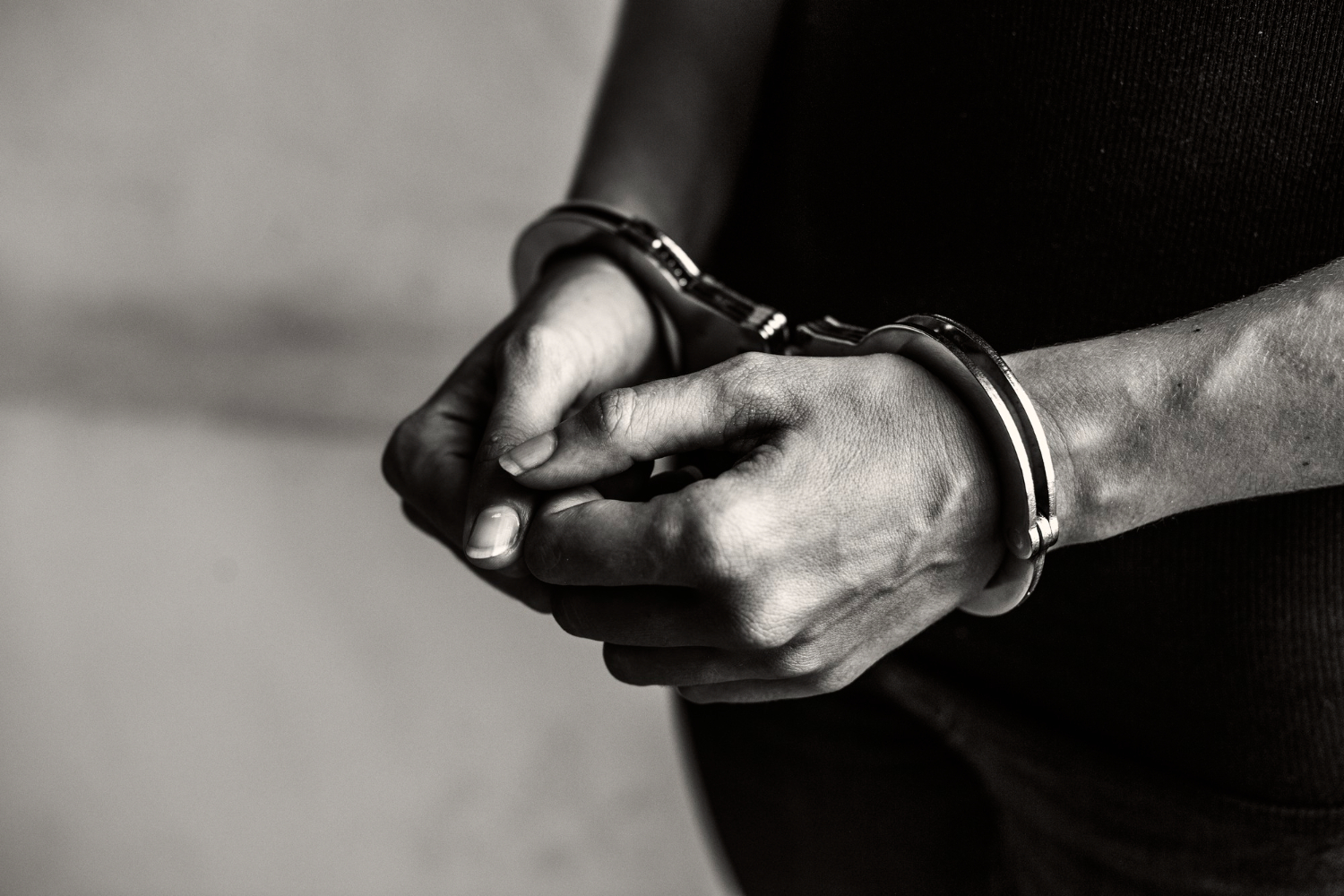


Getting arrested can be one of the most overwhelming experiences in a person's life. Whether it happens to you or someone you care about, understanding what comes next can help reduce anxiety and ensure you make informed decisions during this critical time.
The arrest process involves several important steps, from the initial booking to potential release on bail. Each stage has specific procedures and rights that every person should understand. This guide walks you through exactly what happens after handcuffs are placed, helping you navigate this challenging situation with confidence.
Knowing these steps ahead of time can make all the difference in protecting your rights and securing the best possible outcome for your case.
Once you arrive at the police station or jail, the booking process begins immediately. This administrative procedure creates an official record of your arrest and can take several hours to complete.
Personal Information Collection
Officers will record your full name, address, date of birth, and other identifying details. They'll also document the charges against you and the circumstances of your arrest. This information becomes part of your permanent arrest record.
Fingerprinting and Photography
You'll be fingerprinted using digital scanners, and officers will take your mugshot from multiple angles. These biometric records are stored in law enforcement databases and may be shared with other agencies.
Property Inventory
All personal belongings are removed, catalogued, and stored securely. This includes clothing, jewelry, wallet contents, and electronic devices. You'll receive a receipt listing everything taken, which you'll need when retrieving your property upon release.
Health and Safety Screening
Many facilities conduct basic health screenings to identify medical conditions, mental health concerns, or substance abuse issues that might require special attention during detention.
Your constitutional rights remain in effect even after arrest, though some freedoms are temporarily restricted.
Right to Remain Silent
You're not required to answer questions beyond providing basic identifying information. Anything you say can be used against you in court, so many attorneys recommend exercising this right until you have legal representation.
Right to Legal Counsel
You have the right to contact an attorney or have one appointed if you cannot afford representation. This is one of your most important protections during the legal process.
Right to a Phone Call
Most jurisdictions allow at least one phone call, though policies vary. Use this opportunity wisely—contact a trusted family member, friend, or attorney who can help arrange bail or legal representation.
Bail serves as a financial guarantee that you'll appear for future court dates. Understanding how bail works can significantly impact your ability to secure release and prepare your defense from home.
How Bail Amounts Are Determined
Judges consider several factors when setting bail, including the severity of charges, your criminal history, ties to the community, and flight risk. More serious charges typically result in higher bail amounts, while first-time offenders often receive more favorable consideration.
Types of Release Options
Several release options may be available depending on your situation:
When You Might Need a Bail Bondsman
If the bail amount is set higher than you can afford to pay in cash, a bail bondsman can help secure your release. In Florida, bail bondsmen typically charge a 10% fee of the total bail amount, which is non-refundable but allows you to pay a fraction of the total bail upfront.
Working with an experienced bail bondsman in Orlando, FL, can expedite your release and help you understand the conditions of your bail agreement.
After release, you'll have several mandatory court appearances that are crucial to your case.
Arraignment
This initial court appearance typically occurs within 24-48 hours of arrest. During arraignment, you'll hear the formal charges against you and enter a plea of guilty, not guilty, or no contest. The judge may also review or modify bail conditions at this time.
Pre-Trial Conferences
These meetings between your attorney and prosecutors aim to resolve the case without going to trial. Many cases are resolved during this phase through plea agreements or charge reductions.
Trial Preparation
If your case proceeds to trial, this phase involves gathering evidence, interviewing witnesses, and developing your defense strategy. Your attorney will keep you informed about important developments and decisions.
The time between arrest and trial is critical for building your defense and getting your life back on track.
Gathering Documentation
Collect any evidence that might support your case, including witness contact information, photographs, receipts, or other relevant documents. Time-sensitive evidence should be preserved as quickly as possible.
Maintaining Employment and Responsibilities
Being out on bail allows you to continue working and meeting family obligations while your case proceeds. This stability can be crucial for both your personal well-being and your legal defense.
Following Bail Conditions
Strict compliance with all bail conditions is essential. Violations can result in immediate re-arrest and forfeiture of bail money. Common conditions include avoiding contact with alleged victims, staying within specified geographic areas, and avoiding additional legal trouble.
Understanding what happens after an arrest empowers you to make informed decisions during a stressful time. The most important step is securing experienced legal representation who can protect your rights throughout the process.
If you or a loved one needs assistance with bail, don't wait. Time is often critical in these situations, and having the right support can make a significant difference in both your immediate release and long-term legal outcome.
If you're looking for a bail bondsman in Orlando, FL, contact Mike Snapp Bailbonds today for more information. Their experienced team understands the local court system and can help guide you through this challenging time with professionalism and discretion.